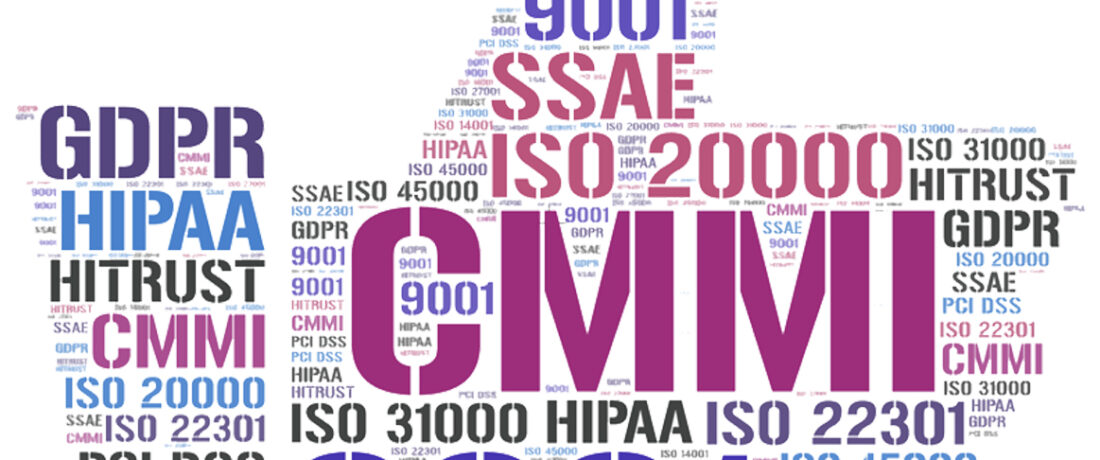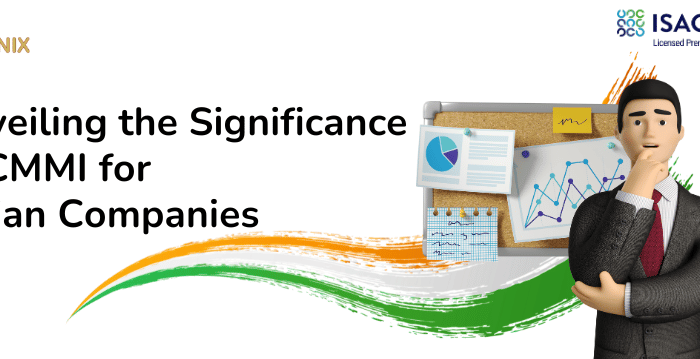
Introduction
In the competitive landscape of global business, maintaining high-quality standards is crucial for success. Indian companies, in particular, face the challenge of choosing the right framework to enhance their operational efficiencies and product quality. Among various quality standards, Capability Maturity Model Integration (CMMI) stands out as a particularly effective framework. In this blog, we will explore how CMMI compares with other quality standards and why it is a preferred choice for Indian businesses.
Comparison with Other Quality Standards
ISO 9001 : One of the most widely recognised standards globally, ISO 9001, focuses on quality management systems and principles. Unlike CMMI, which is more detailed in terms of specific practices, ISO 9001 provides a broad framework that applies to a wide range of industries. While ISO 9001 certifies that quality management systems are in place, CMMI goes deeper by assessing the maturity of these processes.
Six Sigma: Six Sigma is another popular quality management tool that focuses on defect reduction and variability in manufacturing and business processes. It uses a data-driven approach and places a strong emphasis on statistical analysis. While Six Sigma is project-specific, CMMI provides a more comprehensive, organisation-wide look at processes, making it more suitable for strategic improvements.
Lean Manufacturing: Lean principles aim to reduce waste and increase productivity. While lean methods are about making business processes more efficient, CMMI complements these by providing a roadmap for process optimisation at various maturity levels.
Why Choose CMMI for Indian Businesses?
Holistic Improvement: CMMI provides a holistic framework that not only focuses on current processes but also on planning, managing, and optimising these processes. This is particularly beneficial for Indian businesses that are looking to scale operations and enhance their global competitiveness.
Global Recognition: CMMI is recognised globally and is highly respected in the IT and software development sectors, areas where many Indian companies are keen to make their mark. Implementing CMMI can significantly boost an organisation’s credibility when bidding for international projects.
Enhanced Customer Satisfaction: By adhering to CMMI standards, businesses can improve their product quality and consistency. This leads to higher customer satisfaction and retention, a critical factor for success in both domestic and international markets.
Reduced Risk and Increased Efficiency: CMMI’s structured approach helps in identifying process inefficiencies and potential risks early in the development cycle. This is crucial for Indian businesses in sectors like software development, where project delays and budget overruns are common challenges.
Support for Various Business Sizes: CMMI is adaptable and can be implemented by small, medium, and large enterprises. This flexibility makes it an ideal choice for the diverse business landscape of India, where industries range from startups to large multinational corporations.
Conclusion:
Choosing the right quality standard is pivotal for any business aiming to improve its processes and product quality. For Indian businesses, CMMI Certificate offers a comprehensive and flexible framework that not only helps in assessing the current maturity of processes but also provides a clear path for future improvements. Its global recognition and detailed, structured approach make it a superior choice over other quality standards like ISO 9001, Six Sigma, and Lean Manufacturing.


